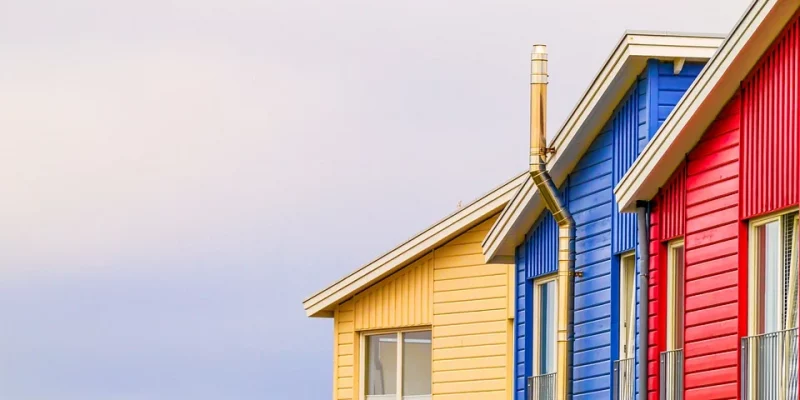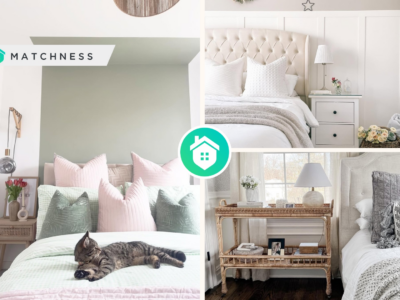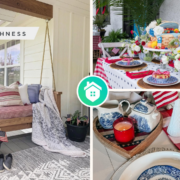You’re considering buying your first home! Congratulations on the big step, but it’s important to be prepared for what lies ahead. Buying a house is an exciting time but also a stressful one with many different decisions to make and questions to answer. To help you out, we’ve compiled six things that you need to know before buying your first home.
Saving for a deposit
One of the biggest hurdles to buying your first home is saving up for a deposit. Do some research into house prices to get the general idea of house prices. Work towards that goal, usually a house deposit is 20% of the purchase price. Ensure you include enough to cover buying costs as well. It’s important to start saving as early as possible. There are many ways to save money, such as setting aside money each month, reducing your expenses, tracking your weekly expenses, setting realistic budgets, choosing a savings account that has a competitive interest rate and earning extra income.
Budget and other associated costs
Another important factor to consider when buying a home is your budget. You need to be honest with yourself about how much you can afford each month for mortgage repayments, insurance, property taxes, legal fees, moving costs, designer costs and other associated costs. Don’t forget to account for unexpected expenses such as repairs or renovations. Set realistic goals and expectations when it comes to your budgets and other costs you may incur.
Best home loan rate
When you’re ready to buy a home, it’s important to get the best home loan rate possible. The interest rate matters as a home loan is a long term debt. Over time, even the smallest difference in interest can add up. There are different features and options when it comes to home loans. Some offer more flexibility, allowing you to pay it off faster. Some may cost you more, so it’s important to do your research. Comparison shopping is the key to finding the best deal and there are many websites that can help you do this. Don’t forget to also factor in other costs such as application fees and stamp duty.
Research the area
Before buying a home, you need to know the area inside and out. Visit different neighbourhoods at all times of day to get a feel for them before choosing where you’d like to live. It’s also important to meet with locals in the neighbourhood – they’ll be able share their thoughts on whether or not it would be a good place to settle down. In addition, visit the local council to find out how it rates in different areas such as crime and employment. Alternatively, meet with real estate agents and your mortgage broker to get a better understanding of the area. Ensure you understand how property value works and how it may differ from the listed prices.
Negotiate prices
You need to know when is a good time to start negotiating with a seller or an agent about price. It’s important not to offer too much from the beginning as this could put off sellers who are willing to negotiate. It’s also important to consider the market value of similar homes in the area as a starting point for negotiations, but don’t be afraid to go below that price if necessary. Consider all factors before you start negotiating for your future home.
Home insurance
Home insurance is essential when you buy your first home and it can protect you from financial loss due to things such as fire damage or theft. It’s important to shop around for the best deal and make sure that your policy covers all of your belongings. Getting the right cover to avoid being underinsured for your home. Things to consider include:
- Accurately calculating the costs associated with rebuilding your home and the value of your belonging
- Ensure your contents insurance covers the value of your items that may need replacing
- Double check for any exclusions, these are things that aren’t covered
- Also check if there are any maximum claim limits
- If you live in an area that is prone to disaster, check that your cover applies to events of floods, fires and storms
We hope this article has helped you in preparation for buying your first home. For more information, please don’t hesitate to contact us. We wish you the best of luck!




















